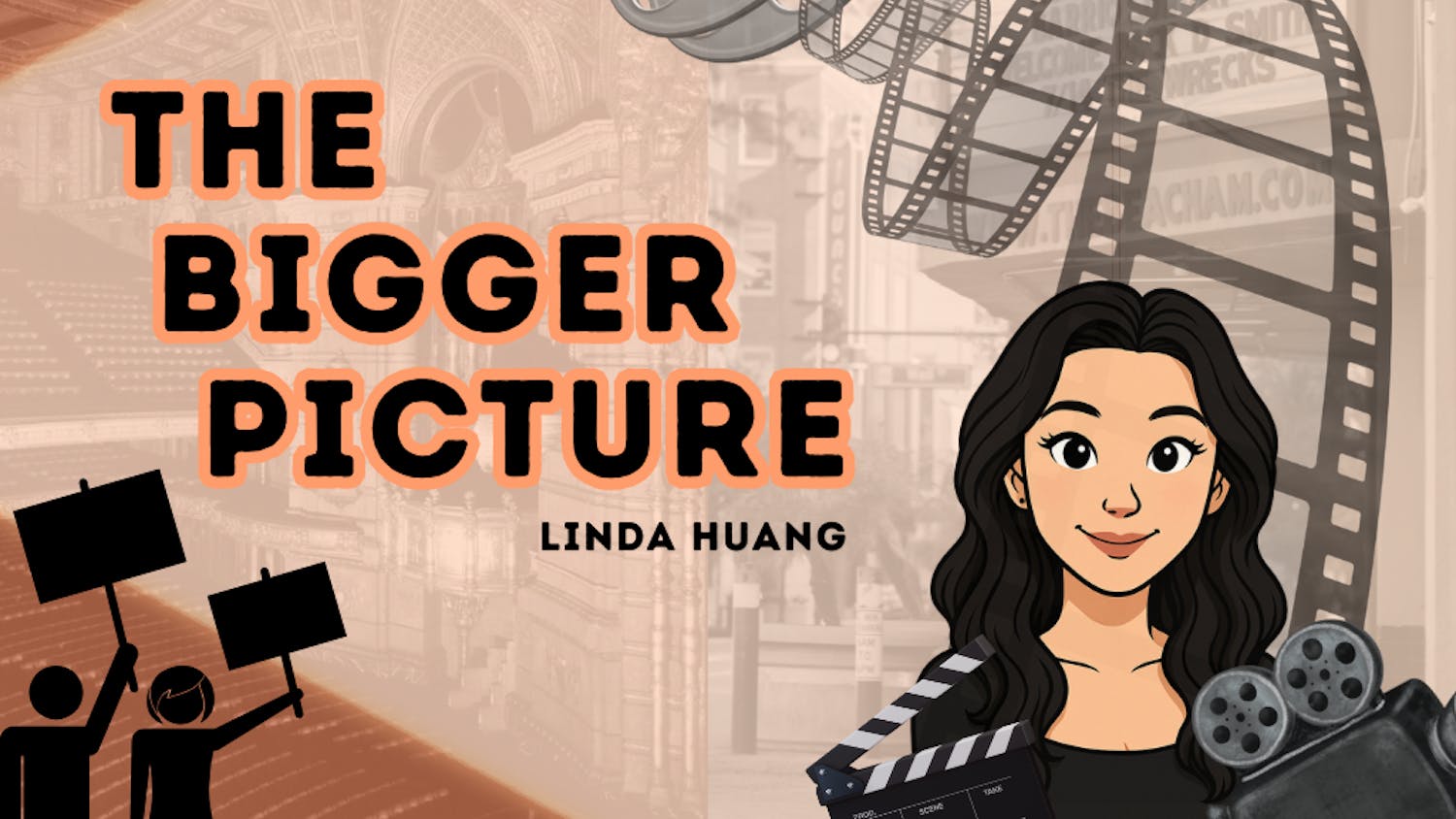I took a job last summer because my bosses loved poetry. They were looking for a nanny for their three-year-old son. When I came to their house for an interview, expecting questions about past childcare experience and summer availability, they sat me down and asked if I’d ever read Wendell Berry.
The 82-year-old Kentucky native is a poet, farmer and environmental activist. My bosses were so inspired by his words, they explained, that they’d named their son after him.
I was sold. A summer of fruit bars, long mornings in the park, lunchtime tantrums and toy cars commenced. Coming out of a disorienting spring semester, in which I had mostly eaten quesadillas and cried every Sunday, I found it reassuring to be in the presence of a tiny human who felt so many things: wonder at every passing garbage truck, betrayal when I flushed the toilet without asking him, unadulterated despair when woken up from a good nap.
One morning, I stumbled upon a collection of Wendell Berry’s poetry in his namesake’s house. I flipped open to the first poem, “The Man Born to Farming” (2011), and read a few lines to Wendell aloud:
“What miraculous seed has he swallowed / that the unending sentence of his love flows out of his mouth / like a vine clinging in the sunlight, and like water / descending in the dark?”
“Stop,” Wendell said. “I don’t like dat.” He was, understandably, unenthused by a book without pictures. But I repeated the lines in my head as we sat playing with his cars. I couldn’t shake the idea that the spilling forth of those things, their refusal to accept an ending, was beautiful.
I have always been afraid that my emotions are excessive. If they are a vine, then they grow beyond my capacity to care for them, until they’re out of control — unpruned and embarrassing. Because I’m no longer a toddler, I’ve spent the better part of my life trying to make my emotions more convenient. But poetry keeps teaching me to do the opposite.
I think a good poem speaks to whatever questions we carry inside of us. It offers an image for something we already innately understand so that when we come across the right words, there is a feeling of recognition. A good poem makes us feel more, not less.
The poems in my life — the books spilling forth from my wobbly bookshelf, tucked into my sheets and piled on my floor beside dirty clothes — have taught me about fear, about taking risks, about applying for jobs, about creating space, about friendship and about the people I couldn’t get over. But poetry doesn’t have an answer for every question, in spite of the premise of this column. Some questions demand to be felt.
In Wendell Berry’s ode to a farmer, the feeling that cannot be contained is a seed that bursts forth from us. There’s only one thing we can do: Plant it, and watch it grow.
More from The Tufts Daily
The Bigger Picture: ‘When Harry Met Sally…’
By
Linda Huang
| February 13
Catch up on 'The Fall-Off'
By
Isadora Alexis
| February 12





